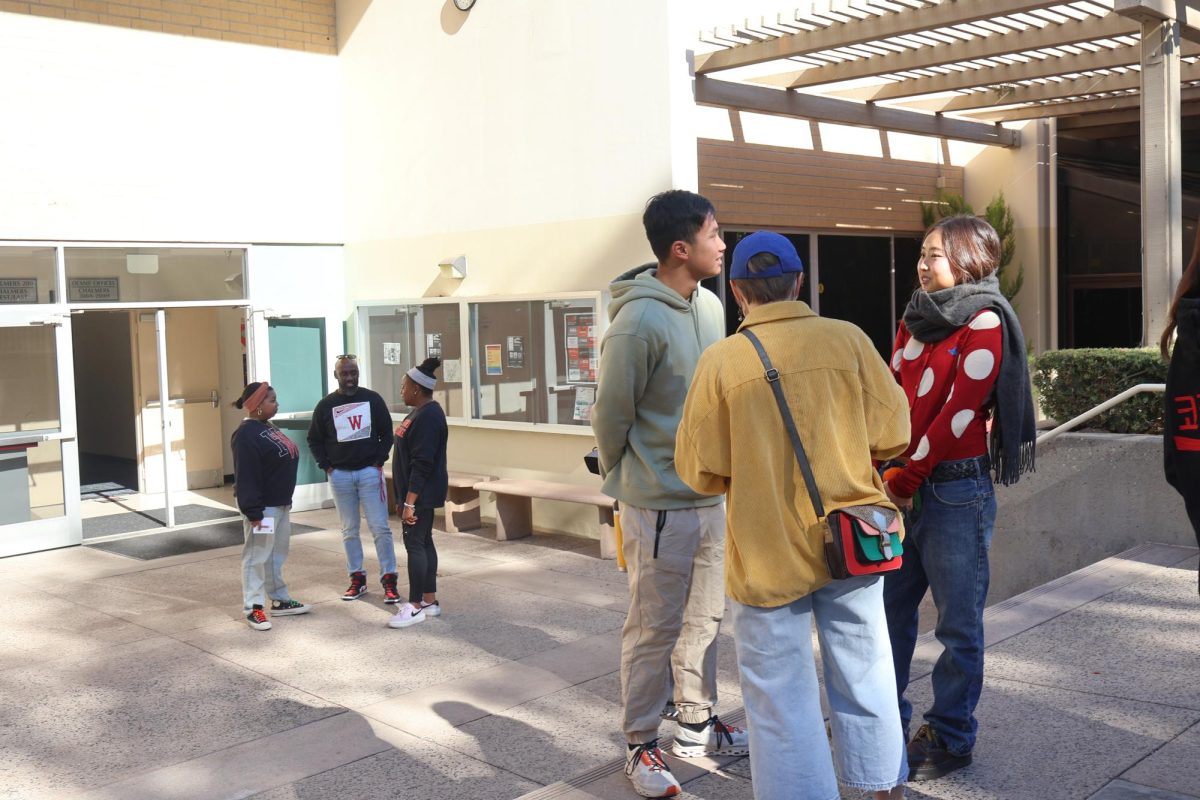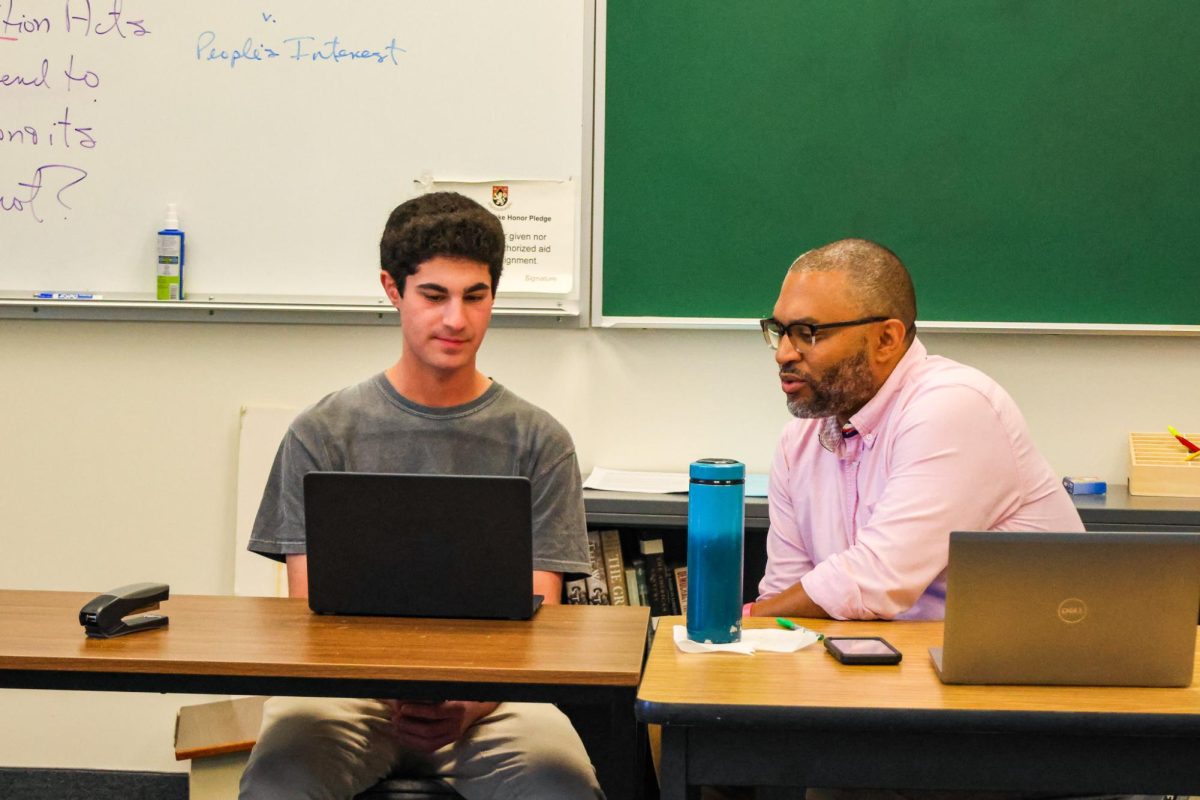Middle school faculty and staff unanimously voted to change the Middle School schedule for the 2025-2026 school year in a meeting May 21. The school consulted with Independent School Management (ISM), a company that works to create student-centric scheduling, in developing potential schedules that were presented at faculty meetings in April. Head of Middle School Jon Wimbish said the school also assembled a scheduling committee filled with members from different departments that provided feedback on the proposed schedules before unanimously deciding to move forward with a schedule with 55-minute class periods that meet five days out of an eight-day cycle. The 2024-2025 school year will be used to finalize and address potential problems in the schedule, according to Wimbish.
President Rick Commons said the implementation process will be similar to when the Upper School switched to a block schedule.
“We took a year to think about all of the different nuances and complications and then implemented and discovered a whole set of new different nuances and complications that needed to be adjusted,” Commons said. “We will follow the same pattern at the Middle School. It is important that it is not a copy of the upper school shift. That is why the result is longer periods but not as long as the ones that we have at the Upper School.”
Middle School History Teacher Joseph Makhluf, who was a member of the scheduling committee, said he is looking forward to trying different ways to teach his classes under the new schedule.
“I think there will be a learning curve, but I am excited because I am going to have to experiment with different types of teaching methods,” Makhluf said. “I don’t think a lecture is going to work for 55 minutes, especially for seventh graders. [The new schedule] allows us to explore alternative ways to get information to students.”
Wimbish said keeping the idea of middle school academic exploration intact was a priority while developing the new schedule.
“The schedule that we chose wasn’t so immensely different that it was going to completely overhaul the entire class experience,” Wimbish said. “We still wanted to maintain the ethos of the Middle School, which is about exploration. We want kids to take lots of classes, so we have semester-length courses. We have requirements for public speaking and ethics as well as [for] performing and visual arts. We did not want a schedule that was going to scale back on the number of periods offered because we want kids to still be able to explore.”
ISM scheduling consultant Sharon Schuster said she interviewed members of the lower school and looked through documents to get a better picture of how the school functions.
“The process itself involved interviewing a lot of people,” Schuster said. “I spent about probably 20 hours interviewing teachers and staff [as well as] students. In addition to interviews, [I went through] hundreds of documents, everything from admission data, to curriculum, to scheduling information to facility information. For two weeks, I dove in and tried to learn every single thing I could about the school and then I came up with designs.”
Shuster said the new schedule will help reduce stress for both students and teachers.
“I do think that the thing that people underestimate is the amount of stress that a schedule can create for students and teachers, and that a good schedule will inherently reduce stress,” Shuster said. “I think a lot of independent school students are very stressed because it is a competitive landscape and college acceptance. Even though it’s only a middle school, I think the students at [the school] are very driven and motivated. I always am looking at how can we make this a schedule where the learning can increase but maybe the stress can decrease. Creating a good schedule can help everything. It is bigger than just what time [you] have English class.
































